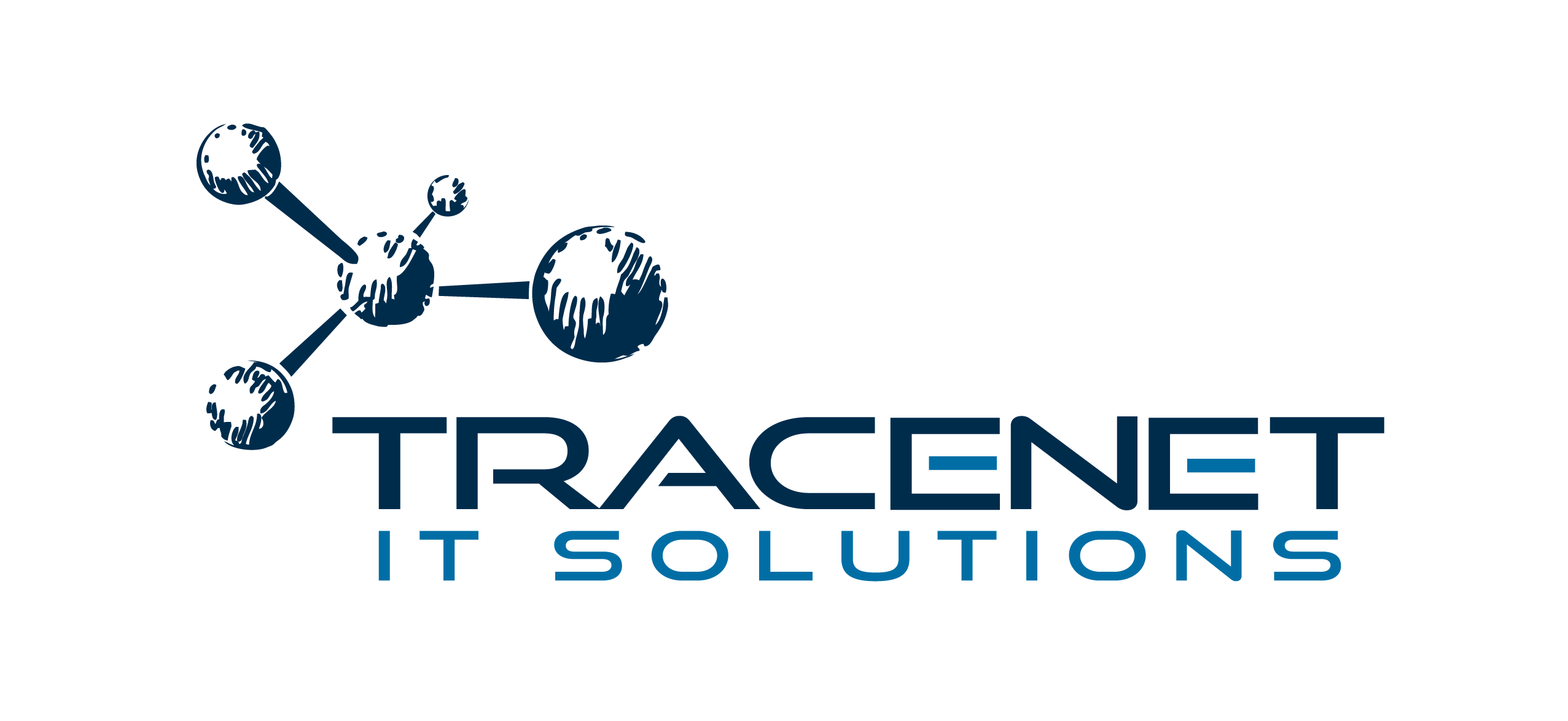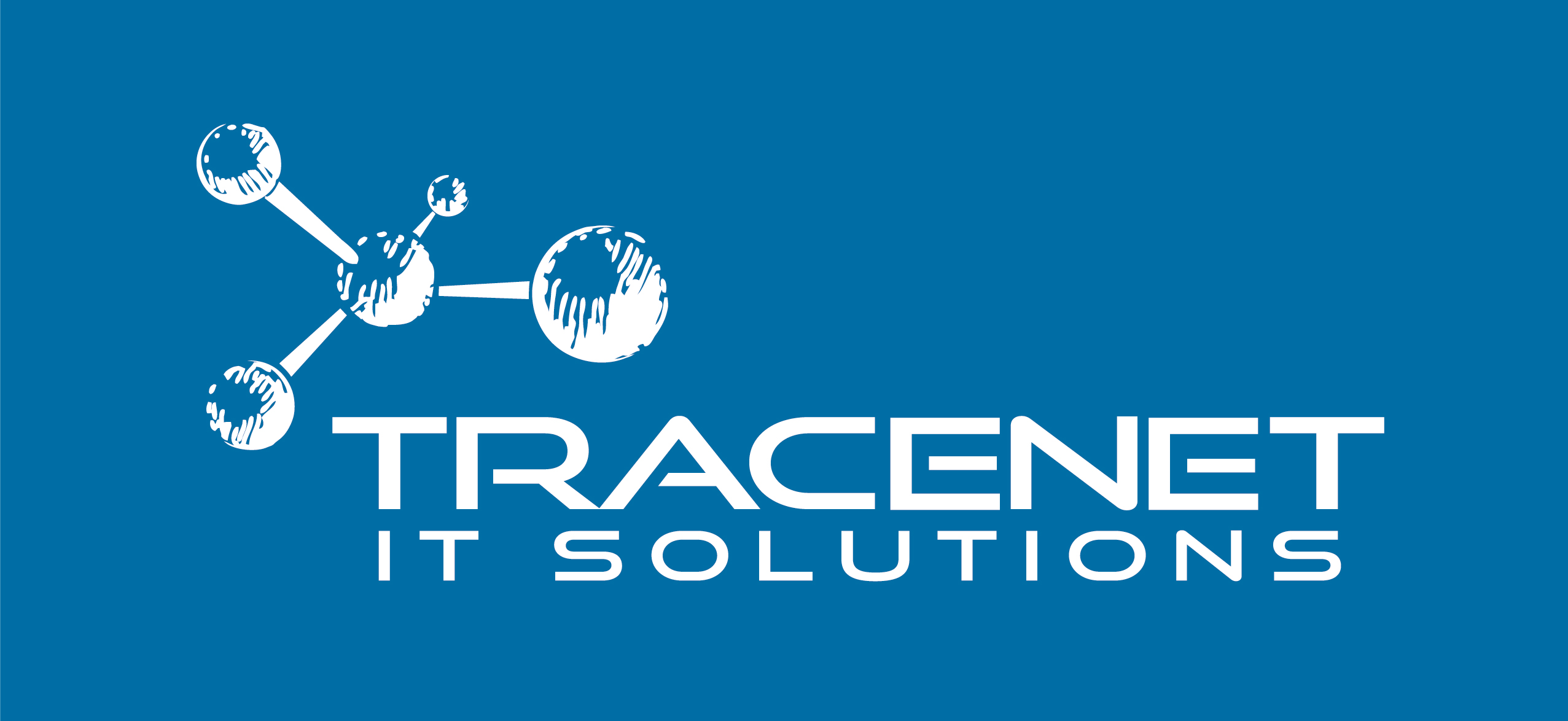Starting a business from scratch is no easy task. Searching for premises, employees, investments: there are many factors involved. That’s why, at this point, it’s very important to look for small business network solutions, especially with a view to scalability.
Throughout this article, you’ll realize that it’s much more significant to start the right way than simply to start any old way and have to correct your course along the way. That’s why we’ve put together some very indispensable information on this subject. Be sure to check them out!
What is small business network solutions?
Small business network solutions refer to a set of technologies and services aimed at optimizing connectivity, communication, and data management in an organization. These solutions are key to ensuring that business operations are efficient, secure, and scalable, allowing the business to grow sustainably.
The main features of network solutions are:
- Connectivity: they provide a stable and fast internet infrastructure, essential for the company’s day-to-day operation. This can include connections via fiber optics, Wi-Fi and mobile networks.
- Security: they implement security measures, such as firewalls, VPNs, antivirus/EDR and anti-spam, to protect company data from external threats and unauthorized access.
- Scalability: they allow companies to increase their network capacity as they grow, making it easier to add new users and devices without major investments in restructuring.
- Data management: they offer tools for efficiently managing and storing data, including backup and recovery solutions, as well as cloud services that guarantee accessibility and security.
- Collaboration: they facilitate communication between teams, offering platforms for videoconferencing, messaging and file sharing, which are vital for teamwork, especially in hybrid environments.
What problems can occur if you don’t invest in the right network solutions?
Not investing in adequate network solutions can lead to a series of concerns that negatively impact the operation and growth of a small business. Take a look at these concerns according to the pillars of network solutions:
As for connectivity, when there is no proper investment in small business network solutions, failures, and instabilities can occur. This results in frequent interruptions to operations, affecting productivity and hindering access to essential tools, generating delays and frustration among employees and customers.
In addition, the lack of security can expose the company to vulnerabilities, making it more susceptible to cyberattacks such as malware and ransomware. This can result in the loss of sensitive data, compromising both privacy and customer confidence.
Scalability also becomes an issue, as an inadequate infrastructure makes it difficult to add new users or devices, delaying the company’s expansion and generating high costs in the event of necessary restructuring in the future.
Without structured internal collaboration, the company can suffer from a lack of effective tools, leading to misunderstandings and poor communication between teams. This situation can impact employee moral, damaging the organizational culture.
When it comes to inefficient data management, the consequences are disorganized storage, making it difficult to access and analyze information, as well as the absence of regular backups, increasing the risk of losing important data.
Finally, another critical aspect is technical support. Without adequate support, network problems can take a long time to resolve, causing delays in operations. In adding to this, a lack of in-house expertise can lead to the company relying on external consultancies and services, increasing costs.
All these difficulties can create a negative impression on customers, after all, recurring trouble accessing online services compromises the user experience and can lead to the loss of customers, who will look for more reliable alternatives.
In short, investment in adequate network solutions is fundamental to guaranteeing business continuity, data security and customer satisfaction. Ignoring this need can result in significant challenges that affect the company’s sustainability and growth.
How do you choose the right network solutions for your business?
Select the right network solutions for your business is essential to ensure efficiency, security, and scalability. To make this decision, it’s important to consider a few key steps:
First, assess your company’s specific needs. Consider the number of users who will access the network, the type of activities they will carry out and the volume of data they will need to manage. If your team works remotely, for example, a VPN solution may be essential to ensure secure communication when accessing company applications, devices, or files.
Next, think about your existing infrastructure. Check that your physical environment supports the solutions you are considering. This includes assessing cabling, routers and space for additional equipment, such as switches and Wi-Fi access points. For this step, an active site survey can help you make the right decisions.
Don’t forget to consider scalability. Choosing solutions that can grow with your company is very important to avoid future problems. For example, if you plan to expand your team, consider a cloud solution that allows you to easily add new users and resources without the need for complex reorganization.
Also consider ease of use and the quality of technical support. Solutions that offer intuitive interfaces and ongoing support are preferable, as they minimize downtime and reduce the learning curve for employers.
Examples of solutions that have stood out include:
Cloud Services:
- Amazon Web Services (AWS): offers a wide range of cloud computing, storage and database services.
- Dropbox Business: for secure and collaborative file storage and sharing.
Collaboration solutions:
- Slack: communication platform that facilitates the exchange of messages and team collaboration.
- Microsoft Teams or Cisco Webex: integrates videoconferencing, chats and document collaboration in one place.
Network security:
- Cisco Umbrella: offers protection against cyber threats through a cloud-based security solution.
- Sophos Intercept X Endpoint: endpoint security solution that protects against malware, viruses, ransomware and other threats.
Network Management:
- SolarWinds or ManageEngine: tool that helps monitor and manage network performance.
- Meraki Dashboard: intuitive interface for managing Cisco Meraki network devices, such as routers, switches, firewalls, and access points.
Backup solutions:
- Veeam Backup & Replication: enables data backup and recovery in virtual and physical environments.
- Barracuda Backup: offers data protection and backup for a variety of platforms.
VoIP and Telephony:
- RingCentral or Telzio: cloud-based telephony solution offering calls, video conferencing and messaging.
- Cisco Unified Communications Manager: unified communications platform that includes VoIP, video conferencing and instant messaging.
Wireless Networks:
- Cisco Meraki, Ruckus, Ubiquiti UniFi: scalable, high-performance Wi-Fi network solutions for enterprise environments.
- HPe Aruba Instant On: easy-to-configure and manage wireless network, ideal for small businesses.
Firewall and VPN (Virtual Private Network):
- Hillstone, Sophos or Fortinet: firewall solution integrating with VPN that guarantees the security of communications in corporate environments.
- SSL VPN: widely used VPN protocol for secure access to corporate networks.
These services can be combined according to your company’s specific needs, guaranteeing an efficient, secure and collaborative network.
Want to know more about them and how Tracenet Solutions can help your company grow in a healthy and secure way? Get in touch!



